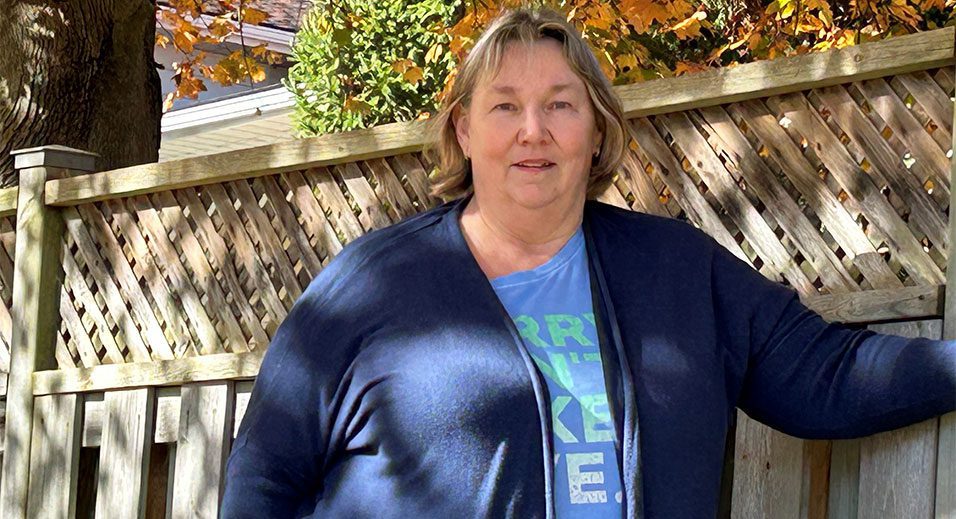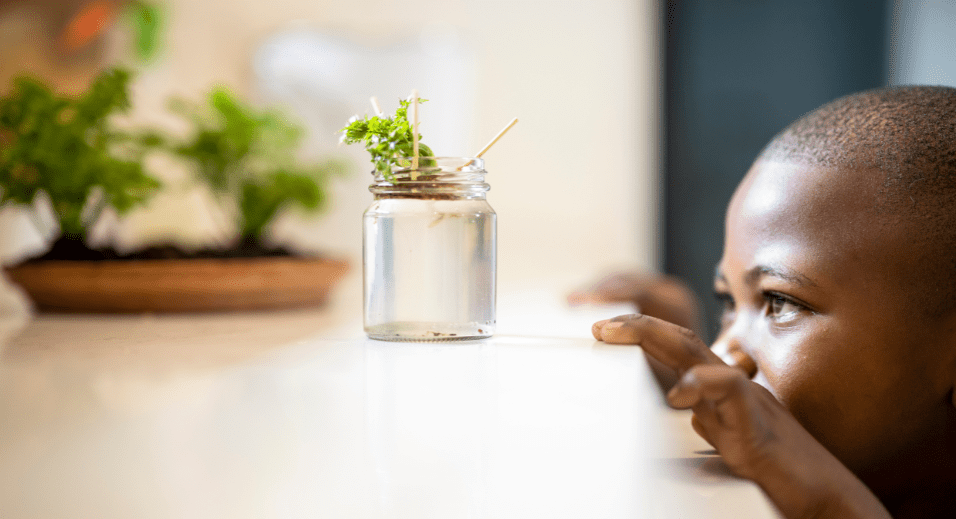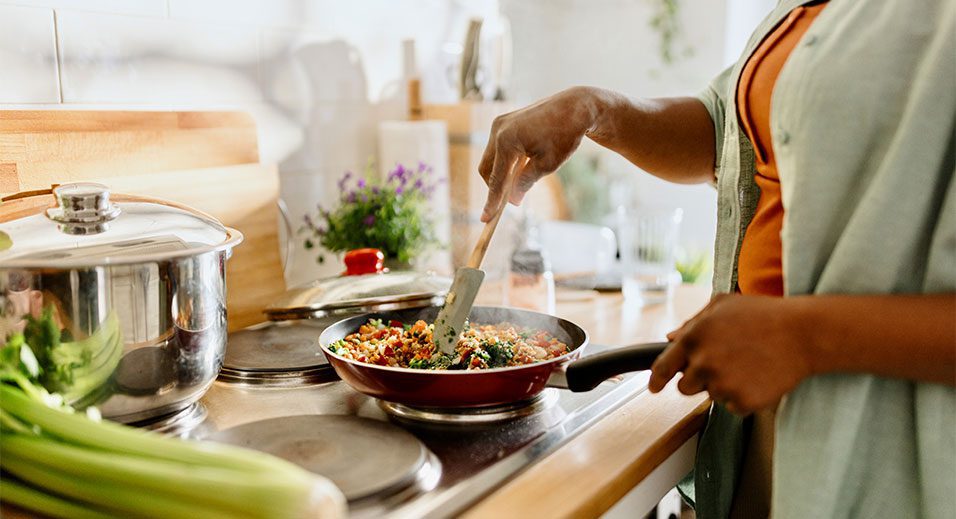Somehow, it’s November and I am wondering where the year has gone. While the last in-person Board Meeting for the Centre on March 10th seems like yesterday, it also feels like a millennia ago. On that day, we spoke about the COVID-19 pandemic as if it was some far-out thing. We thought that our major annual event, our Food Security Symposium planned for late May, would still take place. Just 48 hours later, the SLT met and determined that those of us not required on-site would be working from home until further notice and all upcoming events were to be postponed.
The COVID-19 Pandemic and Food Insecurity
March, April, and May are really a blur in my mind. Before the pandemic, more than 4.4 million Canadians faced food insecurity. While many of us panic shopped, emptied stores of toilet paper, pasta, and flour in those early weeks, people who were already struggling were left to wonder where to turn. I can only imagine the increased anxiety and stress they faced. By May, Stats Canada data showed that food insecurity had risen from 10.5% to 14.6% of Canadian households. In a few months, COVID had led to a 39% increase in households experiencing food insecurity!
My work is a step removed from the frontlines, but I am consistently inspired by the stories that I hear through our partner network. Organizations that had not collaborated before were finding ways to work together to reach people who were struggling to feed their families. For example, through a partnership between Daily Bread Food Bank and the Toronto Public Library, library trucks were picking up food and delivering them to libraries where the librarians could sort and pack hampers. Talk about thinking outside the box!
We worked with our partners to push the Federal Government to provide for additional support and we also stepped up our own contributions. There was a critical need to bolster support for emergency food, beyond the relief that income relief programs like the CERB provided.
By Victoria Day, I feel like we settled into this strange ‘new normal’ or at least the immediate panic had subsided, and we had all fallen into a pattern to get work done. Then came the tragic deaths of George Floyd and Regis Kochinski-Paquet. This shed light (once again) on the structural racism that exists not only in the U.S., but here in Canada as well, and led to a lot of reflection. Like many others at Maple Leaf, I have been blown away by the openness and vulnerability that our colleagues have shared in weekly discussions organized by one of our Employee Resource Groups on race and racism. I hope this important work will continue and that change will come from it. I am committed to keeping it going, within and outside of my work at the Centre.
Food Insecurity Rates Among Black and Indigenous Households
At the Centre, we grapple with the reality that Black and Indigenous households face food insecurity rates that are at least 2.5X higher than White households. Rates of food insecurity in First Nations reserves approach 50% and 38% of Black kids in Canada are food insecure. This isn’t just a food issue, it is a social justice issue. We continue to learn from partners such as FoodShare Toronto about how they utilize an equity lens to advance food security for all, and by participating as a member of the Northern Manitoba Food, Culture and Community Collaborative working to shift the way that philanthropic funds are spent.
Summer came and went, and fall brought with it the dreaded second wave of COVID to many parts of Canada. Many days the only thing I feel certain about is that ‘what’s next’ is still uncertain.
Increased Awareness
There seems to be an increased awareness about food insecurity – there are almost daily news articles about the issue and it was even included in the Speech from the Throne opening the new session of Parliament. Our partner Community Food Centres Canada recently released “Beyond Hunger: The Hidden Impacts of Food Insecurity”. This report shares stories about how food insecurity affects the lives of people across Canada and shares recommendations for action.
One of the core tenants of the Centre’s work is around knowledge sharing, collaboration, and capacity building and supporting this we recently hosted our first “Virtual Partner Day”. Thirty-five past and current partner organizations were represented, and we discussed the impacts of COVID-19, the trade-offs partners have had to make to meet the surge in immediate need for emergency food relief, and a presentation on anti-Black racism and food insecurity.
Reducing the Food Insecurity Rate by 50% by 2030
Over the last few months, we have lived with this uncertainty and at the same time tried to focus on our longer-term vision and work. We believe that in a country as affluent as Canada it should be entirely achievable to reduce food insecurity by 50% by 2030. Four years after the Centre was founded, we have learned a lot and are working on a strategic plan with our board that will shape our work over the years to come. Though we know we don’t have all the answers, we will continue to work with partners across sectors to learn and advance change.
Meanwhile, organizations across the food security sector continue to work in overdrive. Their resources are strapped. The need across communities is urgent. If you are able, please consider making a financial donation to one of our partners or to a food security organization in your community. And consider reaching out to your local government representative about long-term, sustainable change so that no one needs to rely on charity to access the food they need.
As I look toward the end of the year, I have been looking for the silver linings and thinking about what may be possible. How can we build upon the new partnerships that have been created? Can we leverage this moment where there is increased public and political focus on the most vulnerable in our society? How can we work towards ensuring that everyone has equitable access to good food?
All big questions, but the vision of what is possible would make a better world for everyone in Canada. And that thought energizes me every day.



